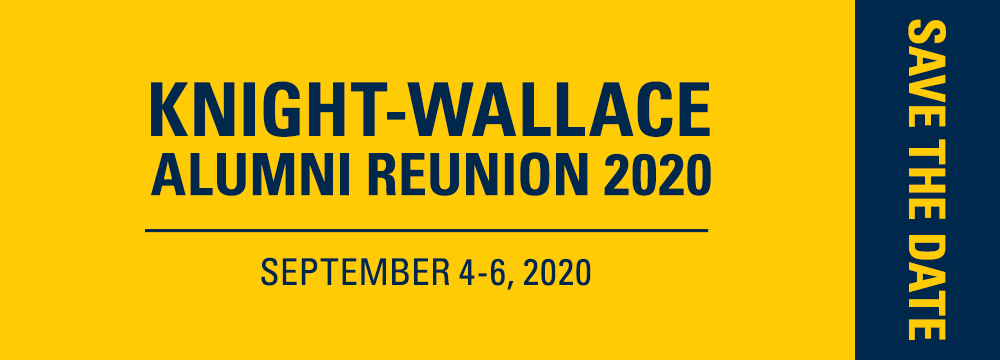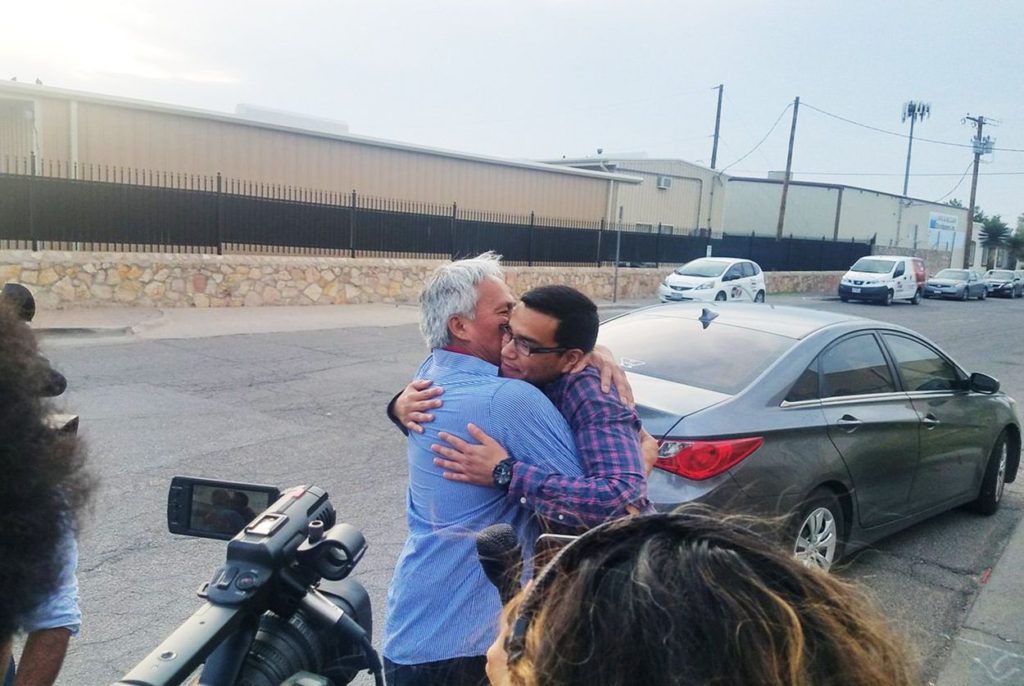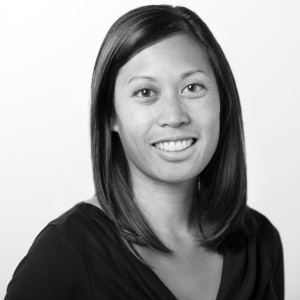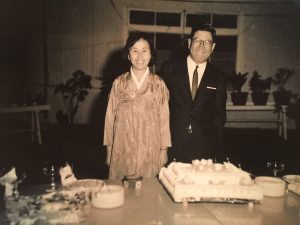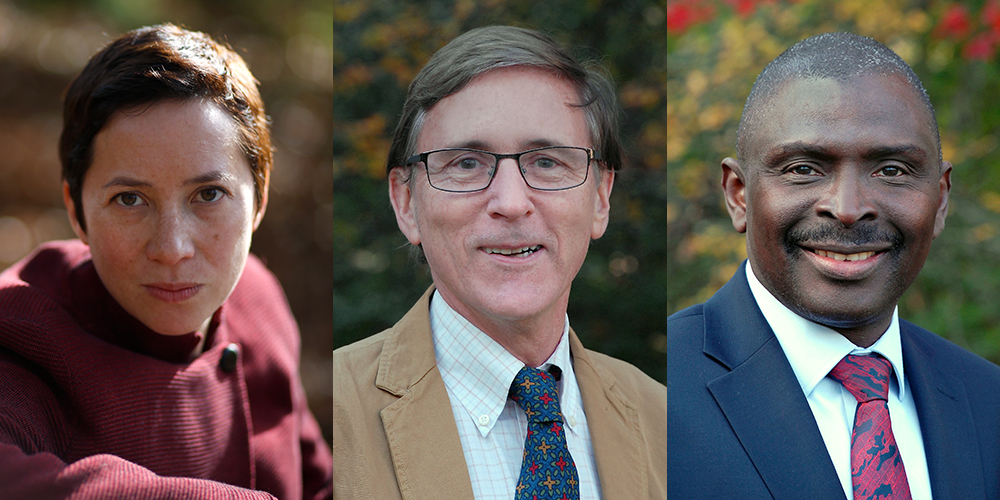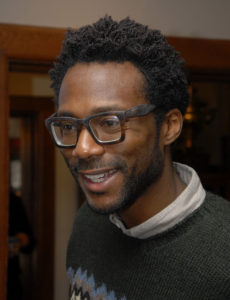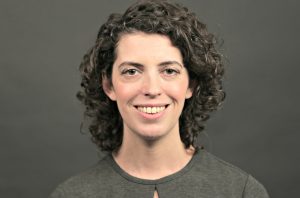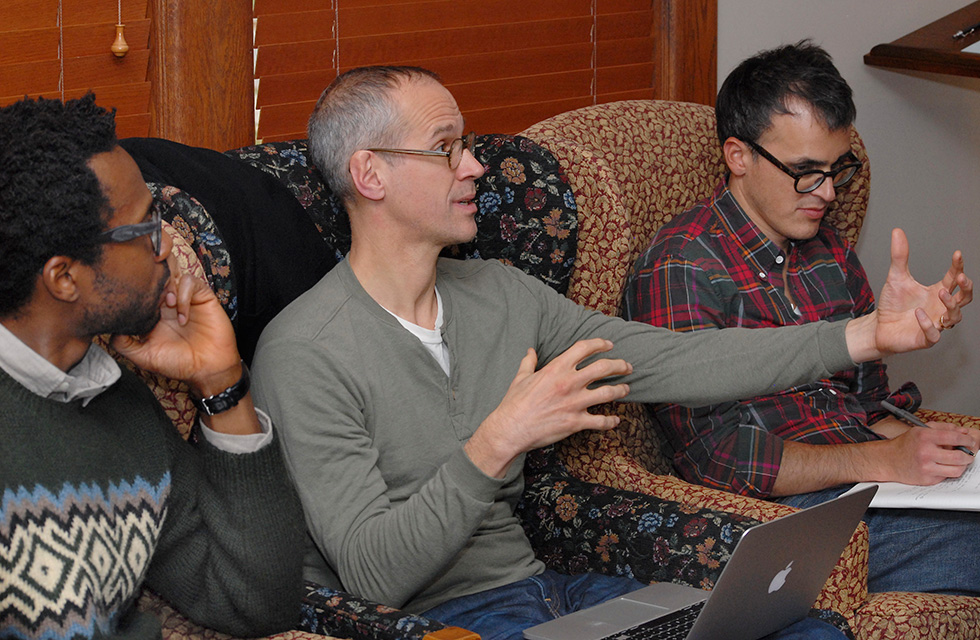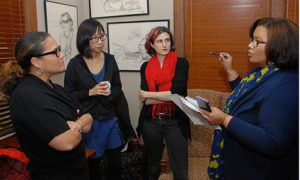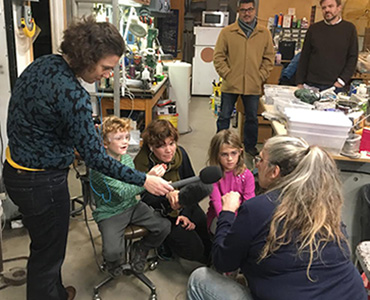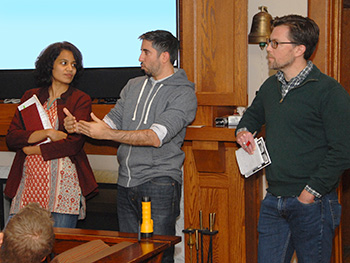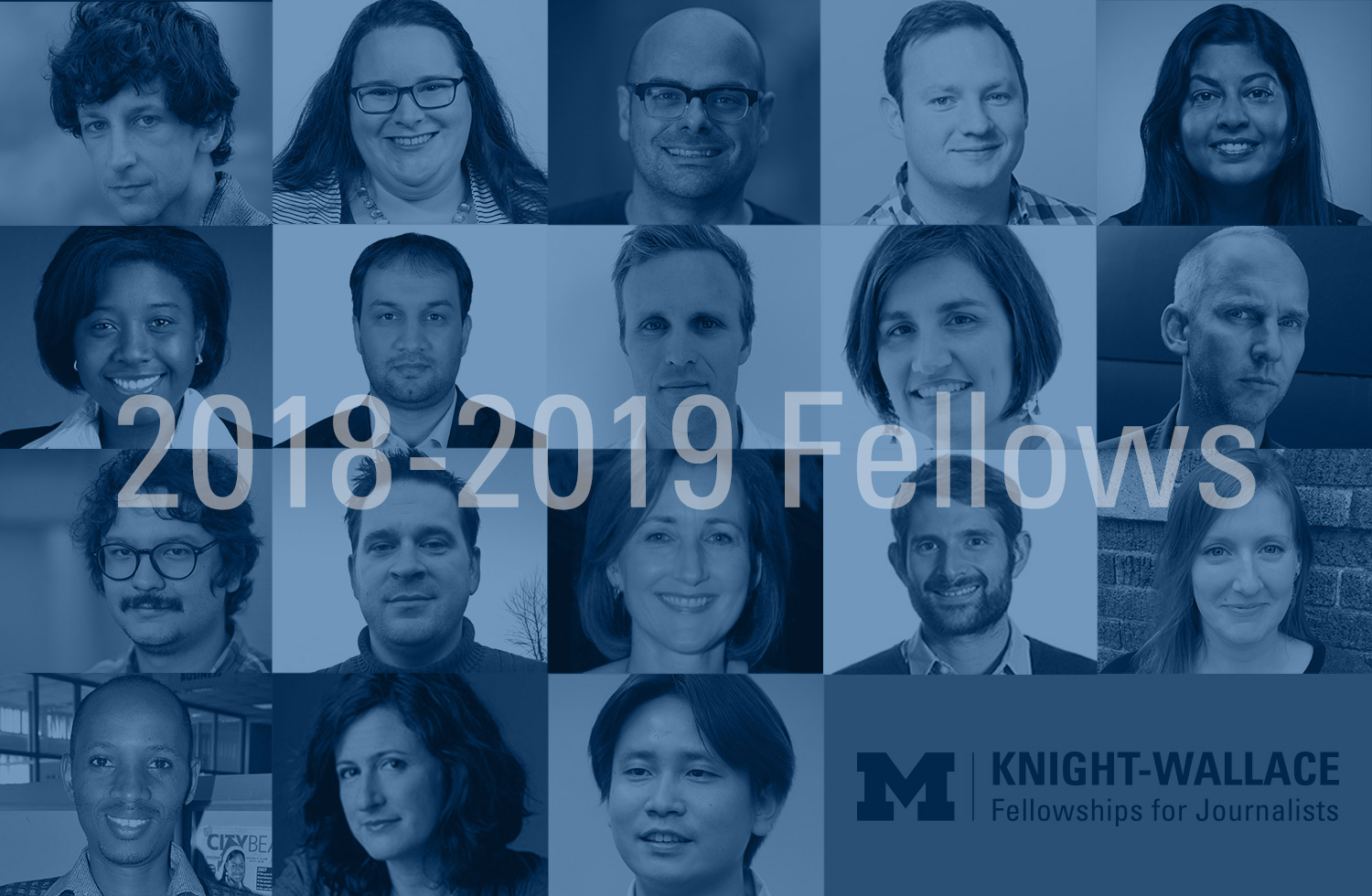
The University of Michigan has named its Knight-Wallace Journalism Fellows for the 2018-2019 academic year. The group, which includes 12 American and six international journalists, is the 45th class of journalism fellows at the University.
“Part of upholding the essential role of journalism in our society is supporting the careers of journalists. It is a privilege to be able to recognize and nurture the talents of this wide-ranging group of Fellows through a year of academic research and experiential learning,” said Wallace House Director Lynette Clemetson.
Knight-Wallace Fellows spend an academic year at the University of Michigan in Ann Arbor to pursue individual study plans and to engage in collaborative learning through fellowship seminars, training workshops and travel. Through twice-weekly seminars, Fellows engage with visiting journalists, eminent scholars and creative thinkers from a range of fields. Weeklong international news tours provide broader context to political, economic and social forces shaping their fields of study, and to trends and challenges facing journalism in other countries. In recent years, Fellowship classes visited South Korea, Brazil, Canada, Turkey, Argentina and Russia.
The program is based at Wallace House, a gift from the late newsman Mike Wallace and his wife, Mary. Knight-Wallace Fellows receive a stipend of $75,000 for the eight-month academic year plus full tuition and health insurance. The program is funded through endowment gifts by foundations, news organizations and individuals committed to journalism’s role in fostering an informed and engaged public.
Fellows and their study projects are:
Itai Anghel, Senior Correspondent, UVDA, TV Channel 2 (Tel Aviv, Israel). Tribalism and the politics of fear in the Middle East following the Arab revolutions
Michelle Jolan Bloom, Senior Designer, Politico (Washington, D.C.). Visual storytelling through social media
Seungjin Choi, Reporter, Maeil Business Newspaper (Seoul, South Korea). Reshaping strategies for digital news distribution
Arnessa Garrett, Assistant Business Editor, The Dallas Morning News (Dallas, Texas). Rebuilding trust with local audiences through digital strategy and engagement
Emilio Gutiérrez Soto, Press Freedom Fellow. Issues related to safety and freedom of journalists
Sharilyn Hufford, Deputy Editor, The New York Times (New York, New York). Creating high-impact news products and best practices for workflow
Anders Kelto, Creator and Senior Producer, GameBreaker with Keith Olbermann (Ann Arbor, Michigan). The connection between sports and social movements
Fredrik Laurin, Editor for Special Projects, SVT Swedish Television (Stockholm, Sweden). Exploring and developing tools to protect news content from digital manipulation
Catherine Mackie, Team Leader, Digital Video, BBC Midlands (Birmingham, England). The impact of class on news consumption and reconnecting with audiences
Seema Mehta, Political Reporter, Los Angeles Times (Los Angeles, California). How automation will impact the economy and the 2020 presidential election
Aaron Nelsen, Rio Grande Valley Bureau Chief, San Antonio Express-News (Mission, Texas). The effect of militarization on communities along the U.S.-Mexico border
Daigo Oliva, Deputy Photo Editor, Folha de São Paulo (São Paulo, Brazil). New ways to publish image-driven narratives
Ben Penn, Reporter, Bloomberg Law (Washington, D.C.). The impermanent future of work
Rachel Rohr, Managing Editor, The GroundTruth Project (Boston, Massachusetts). New approaches to news and media literacy for teens and young adults
Stephen Ssenkaaba, Contributing Editor and Senior Features Writer, The New Vision (Kampala, Uganda). Inclusive online news strategies for emerging news markets
Jawad Sukhanyar, Reporter, The New York Times (Kabul, Afghanistan). Afghan women’s issues in the global context
Luis Trelles, Reporter and Producer, Radio Ambulante (San Juan, Puerto Rico). The politics of reconstruction in U.S. territories devastated by natural disasters
Neda Ulaby, Correspondent, NPR (Washington, D.C.). A cultural history of the veil in world religions
AJ Vicens, Staff Reporter, Mother Jones (Washington, D.C.). How artificial intelligence, cyber security and data shape modern society
The selection committee included Wallace House Director Lynette Clemetson and Associate Director Birgit Rieck; Teresa Frontado (Digital Director, WLRN, Miami), Kate Linebaugh (Deputy National Editor, The Wall Street Journal), Mosi Secret (Investigative and Literary Journalist) and Yvonne Simons (Assistant News Director, CBS 13, Sacramento); and University of Michigan Professors Bobbi Low (Environment and Sustainability) and Carl Simon (Mathematics, Complex Systems and Public Policy).
About Wallace House
Committed to fostering excellence in journalism, Wallace House at the University of Michigan is home to the Knight-Wallace Fellowships and the Livingston Awards, two programs that recognize exceptional journalists for their work, leadership and potential.
Wallacehouse.umich.edu
Read more on the Class of 2019 Knight-Wallace Journalism Fellows

